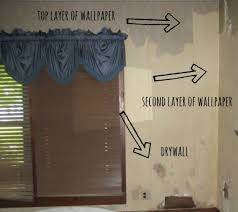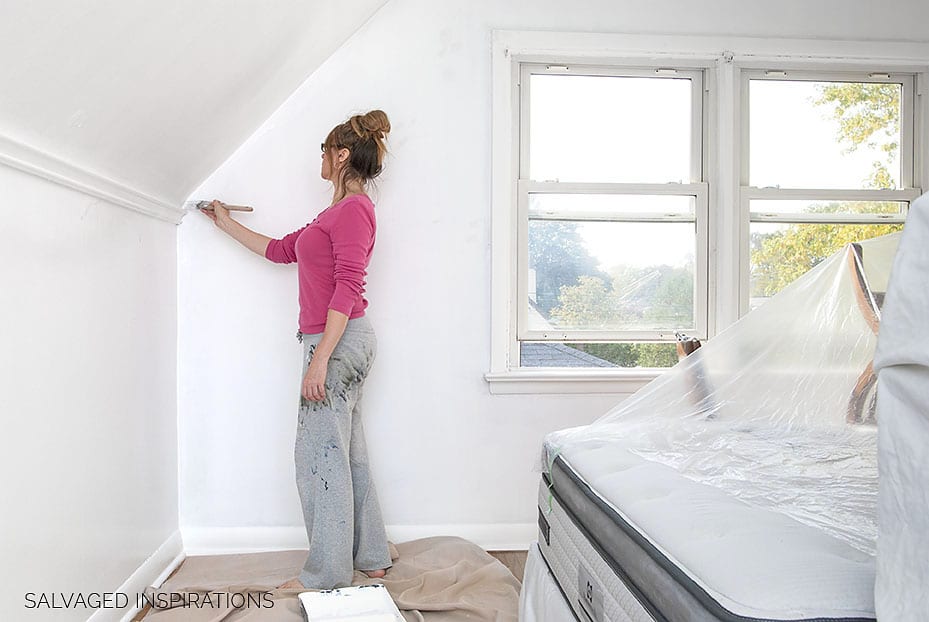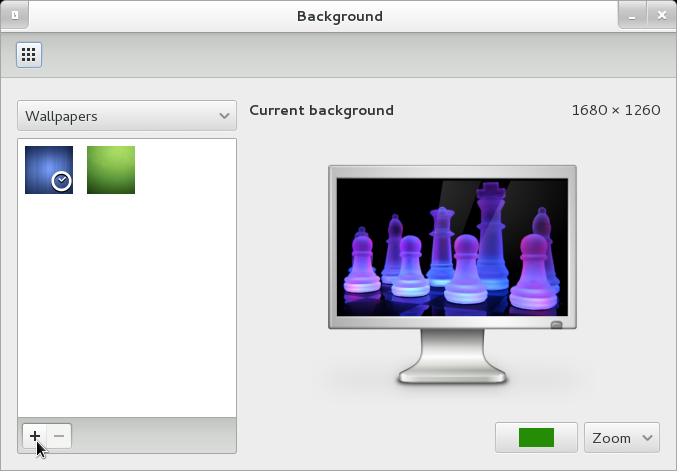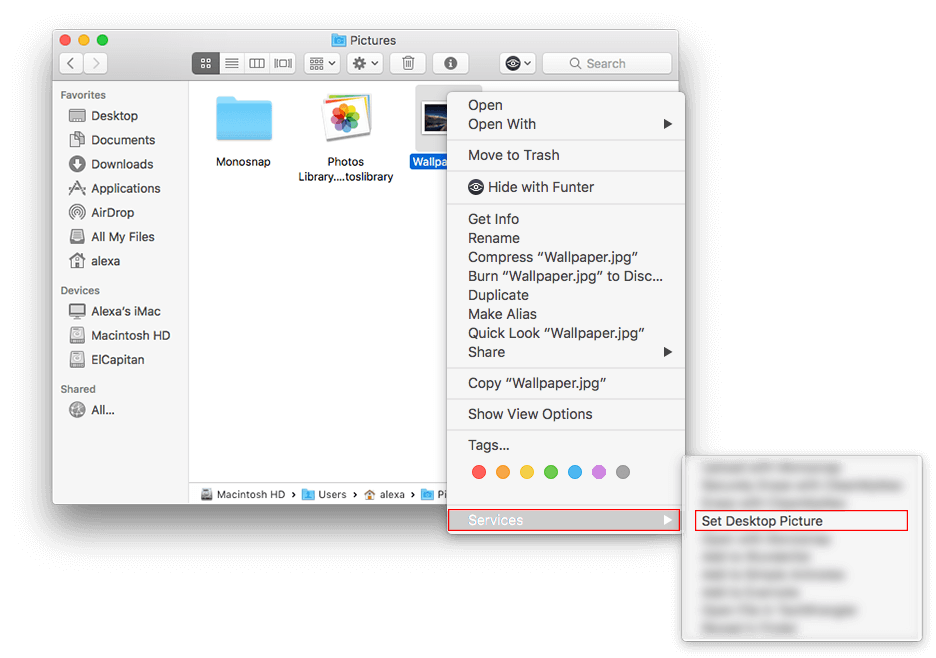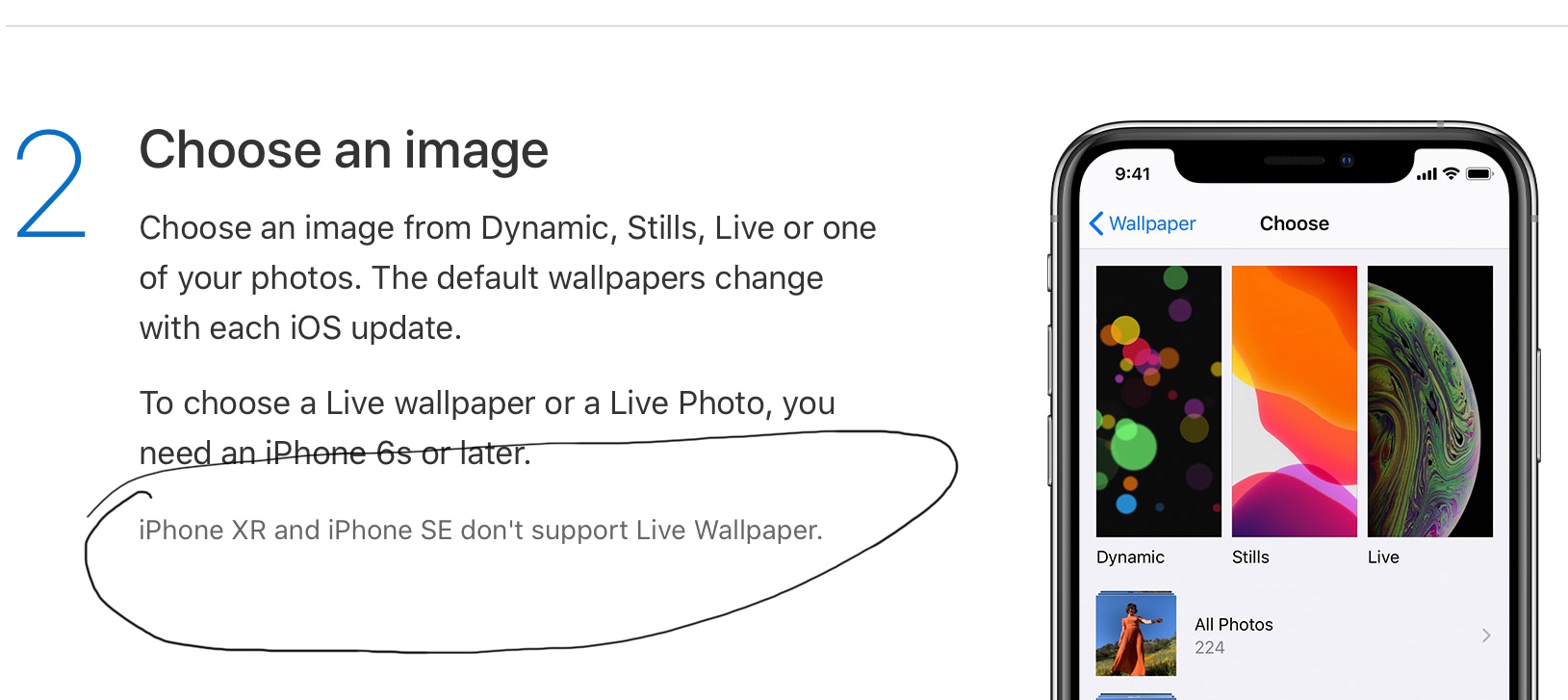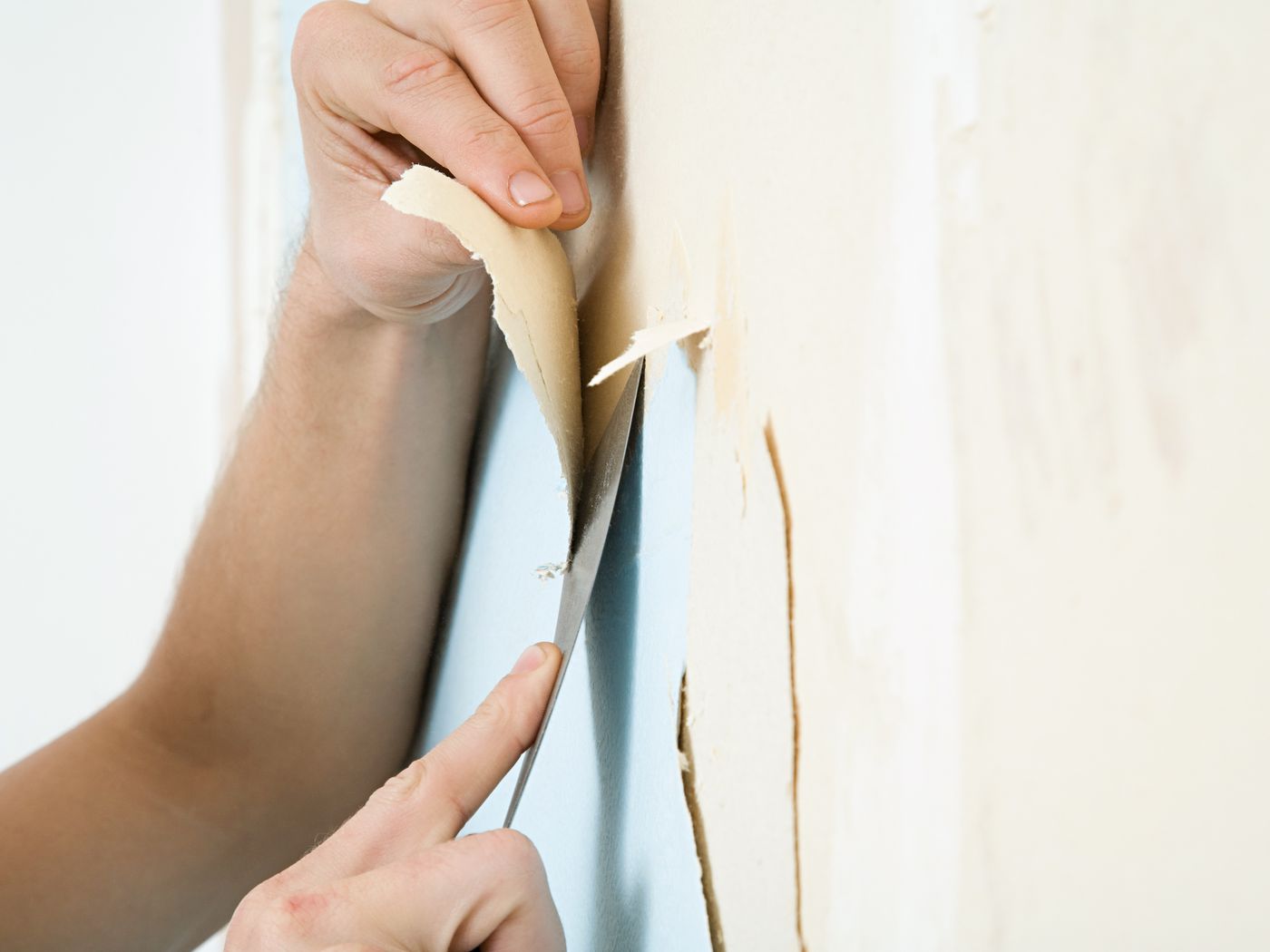How to Install Wallpaper
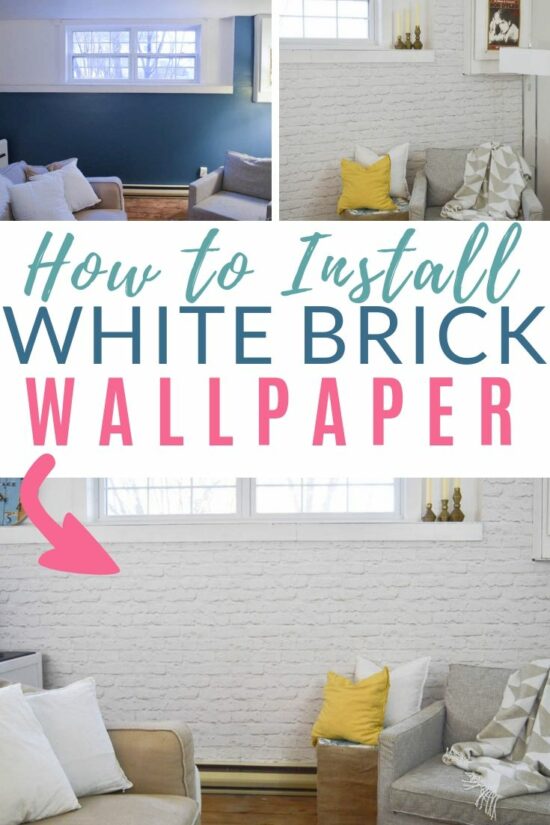
When it comes to installing wallpaper, you will likely want to follow certain steps. This article will show you how to prepare the wall and how to cut the wallpaper to size so that it is longer on top and bottom. Once you have cut the wallpaper to size, you will need to smooth any ripples or air bubbles and apply the wallpaper paste to the wall. Follow these steps to create the perfect wallpaper installation. You can find instructions for all types of wallpaper in this article.
Preparing the wall for wallpaper
When you are ready to hang a wallpaper on your wall, it is best to prepare the surface beforehand. If the wall is already matte or smooth, use strippable wallpaper paste to cover it. This will prevent wallpaper adhesive from sticking to the wall and damaging it. You can also use lining paper over an existing wallpaper. In either case, it is important to make sure that you can remove the old wallpaper before applying the new one.
If the surface is already painted or plastered, it is advisable to wash it thoroughly. The plaster will absorb the paint. You should also apply lining paper over the surface to prevent any overlaps with the seams of the wallpaper. Also, you must paint any woodwork, such as doors and windows. It is important to avoid paint splashes on the wallpaper. If the surface is already painted, you can use non-woven wallpaper to cover the uneven surface.
Cutting wallpaper that is at least 2 inches longer than the wall on top and bottom
To cut wallpaper, first measure the length of the wall from top to bottom. You need to allow for height differences between the top and bottom walls. Then, use a folding ruler to mark the length plus three eighths of an inch. Next, place the ruler across one of the folded ends of the wallpaper. Once you have made your mark, take the ruler and cut at least 1/2 inch into the paper.
To cut wallpaper, cut it at least one inch longer than the top and bottom walls. This will allow for a little extra for trimming. Cut a second length from the roll, using the last cut as a guide. Make sure to cut at least one inch longer than the top and bottom wall. If you cut on the bottom wall, you may want to cut off the excess on top to avoid trimming the wallpaper at a later time.
Smoothing air bubbles and ripples in the wallpaper
You may have trouble smoothing out air bubbles and ripples in your wallpaper. These bubbles can occur when you apply wallpaper to a room that has uneven smoothing. To eliminate bubbles, gently lift the paper and smooth out the surface around the bubble. Typically, bubbles will disappear after the wallpaper dries. However, sometimes bubbles will occur even after the wallpaper has been dry. To avoid this problem, you can smooth out the wallpaper with a steamer, a paste, or a slit. Although paper will never look perfect, you can hide bubbles by putting a picture over the wall or using a photo.
When you apply wallpaper, you should ensure that it is smooth and free of bubbles. This will prevent the bubbles from spreading and creating creases. Depending on the type of wallpaper you are applying, bubbles may require more than one penetration. Using a syringe to apply paste is a useful option, but you should be aware that paper-based wallpaper may take several attempts to dry.
Applying paste to the wall
To apply wallpaper, you need to start by preparing the wall surface. Clean the wall with a damp cloth or sponge. Apply the wallpaper paste to the wall, leaving extra space at the top and bottom for trimming. When you are done with applying the wallpaper, wipe off the excess adhesive with a damp sponge. Then, position the panel over the wall surface. Repeat the process for the remaining panels. Once all panels are positioned correctly, the wallpaper paste can be removed with a damp sponge.
The paste the wall method is an excellent choice for beginners and renters. This method does not require waiting for the wallpaper to dry, thereby reducing anxiety. It is also much easier to apply than the traditional wallpapering method. Before you can hang your wallpaper, however, you must remove the old one. For this, use a stripping solution, a stripping knife, and hot soapy water. Once the old wallpaper has been removed, you need to clean the wall with warm soapy water.

